Do Deer Eat Mums? How to Protect These Fall Garden Favorites From Bambi and Friends
Are your favorite fall flowers at risk? I answer the question, "Do deer eat mums?" and provide some simple tips to keep hungry grazers at bay this autumn.
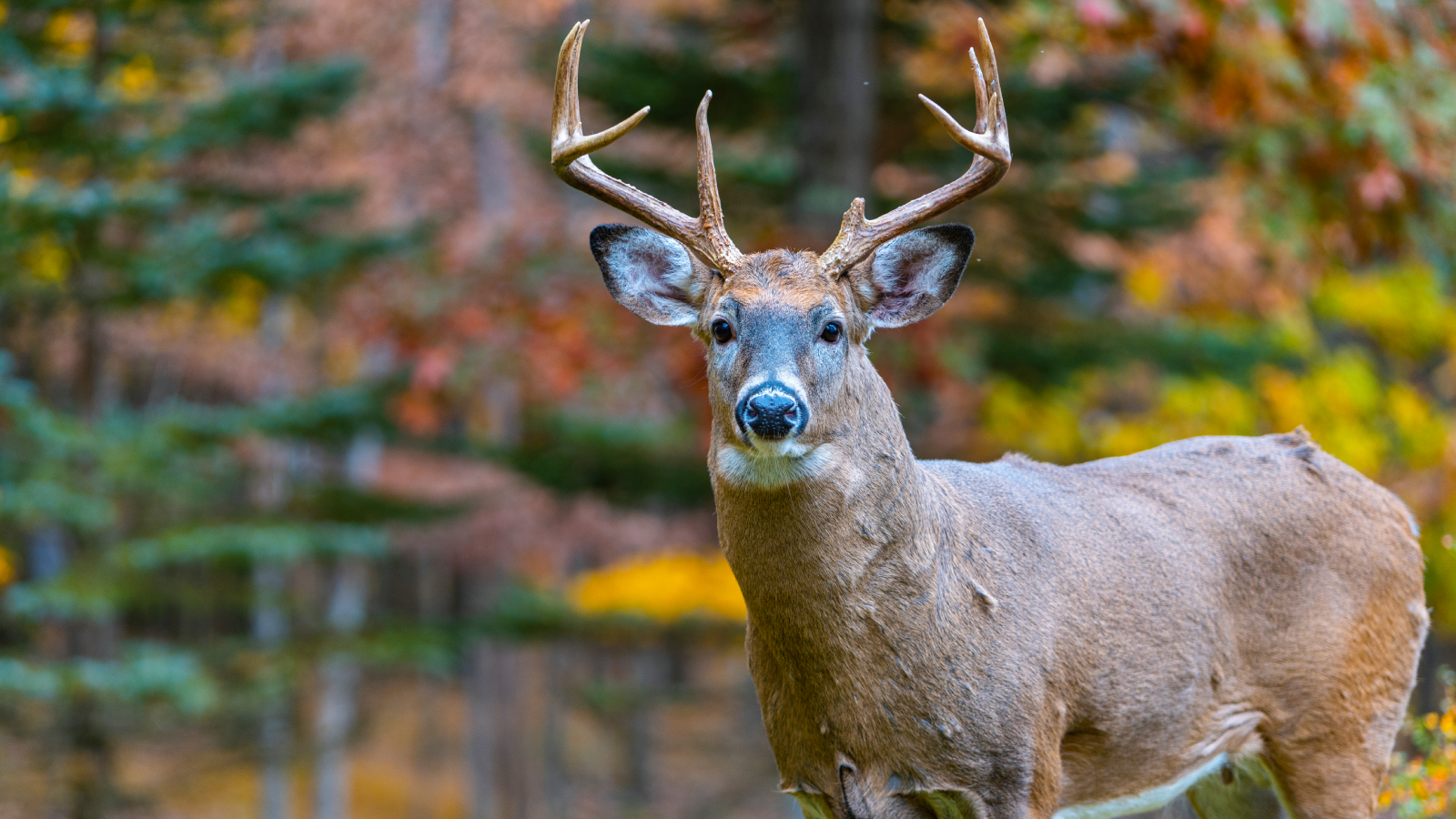
If you live in a rural area and are worried about your fall plantings, you may wonder, “Do deer eat mums?” Chrysanthemums are one of the most beloved and easy to grow late season flowering plants. They are often the sendoff from a glorious summer and the introduction to the cooler months. But will your transition plants be safe from hungry grazers, if you plant them out in your garden this autumn?
Deer forage for a wide variety of foods and our ornamental plants are one of their favorites. If you live in a region where deer browsing is common, you should consider using plants that these animals do not like to eat. This isn’t foolproof since deer will devour even plants they normally dislike during lean times, but it can help prevent damage when growing mums and other fall plants.
So are mums on the “no-grazing” list for deer or are they likely to be chewed up as soon as you plant them? I’ll reveal whether or not mums are deer-resistant plants and provide some tips about how to protect plants when wildlife is at its hungriest.
Do Deer Eat Mums?
Like many flowering and foliage plants, deer will eat mums like candy. And they are almost candy because the flowers are high in sugar. They are also high in the animal’s necessary nutrients, meaning that chrysanthemums are actually a preferred food of deer.
So are mums deer resistant? Sadly, not at all since the animals seek them out. The bright flowers and rich foliage are visually appealing and appear just as many of their seasonal foods are disappearing. Some plants related to mums, like feverfew, are rarely bothered by deer, but others plants in the same family, like shasta daisies, are high on the animal’s dining menu.
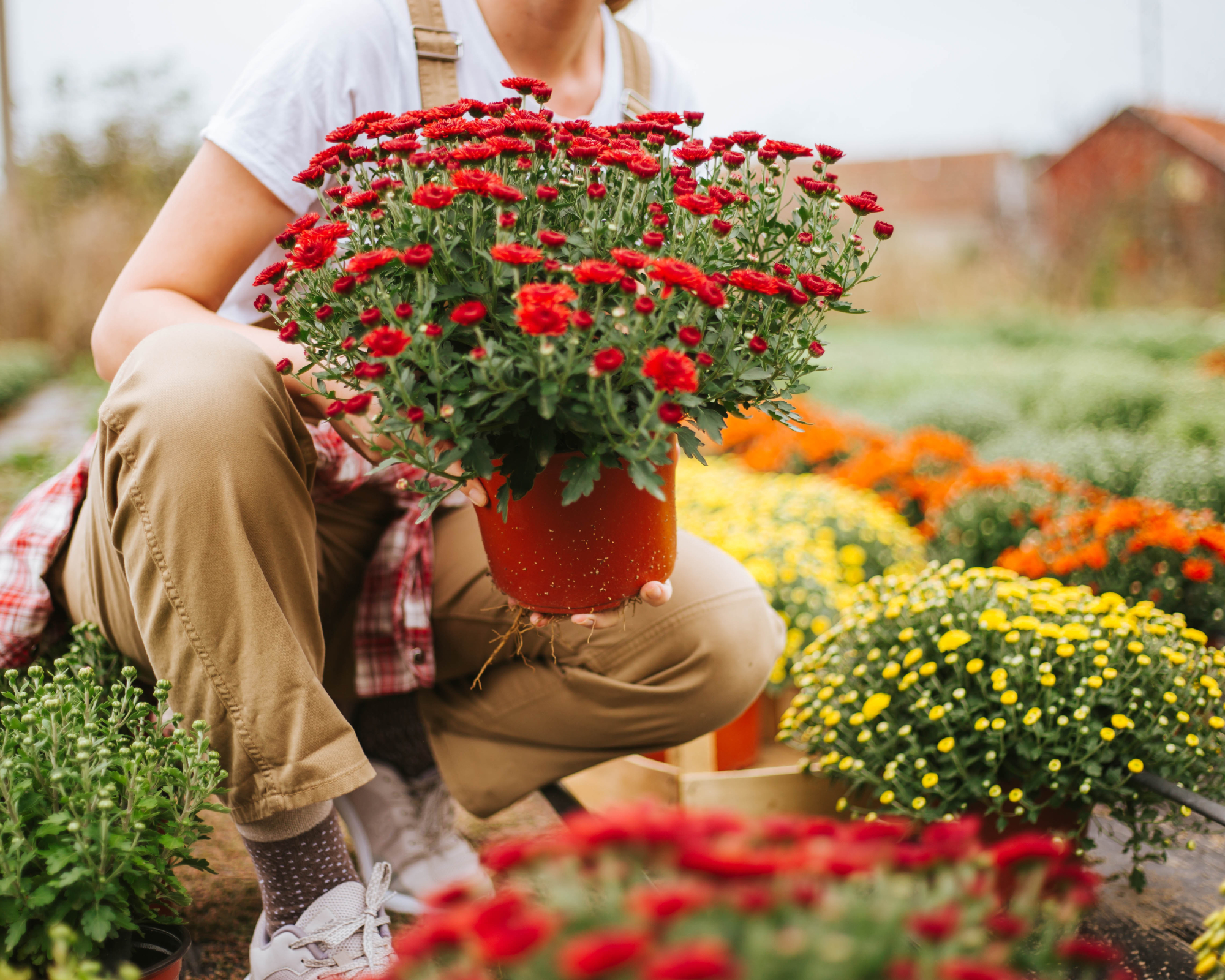
How To Protect Mums From Deer
So now we know that deer do like to eat mums, but what can we do to stop deer from eating plants? Rural gardeners are well aware of the damage to their plants by foragers like skunks, badgers, voles, rabbits, deer, and other animals. What works for one gardener might not work for another, but most set up preventative measures to protect their garden from hungry marauders.
Additionally, each animal’s access points are different so varying borders are necessary to target each mammal. Deer repellents and deterrents, which you can get on Amazon, are all part of the plan to keep unwanted animals away from your plants.
Sign up for the Gardening Know How newsletter today and receive a free copy of our e-book "How to Grow Delicious Tomatoes".
1. Try a Deer-Repellent
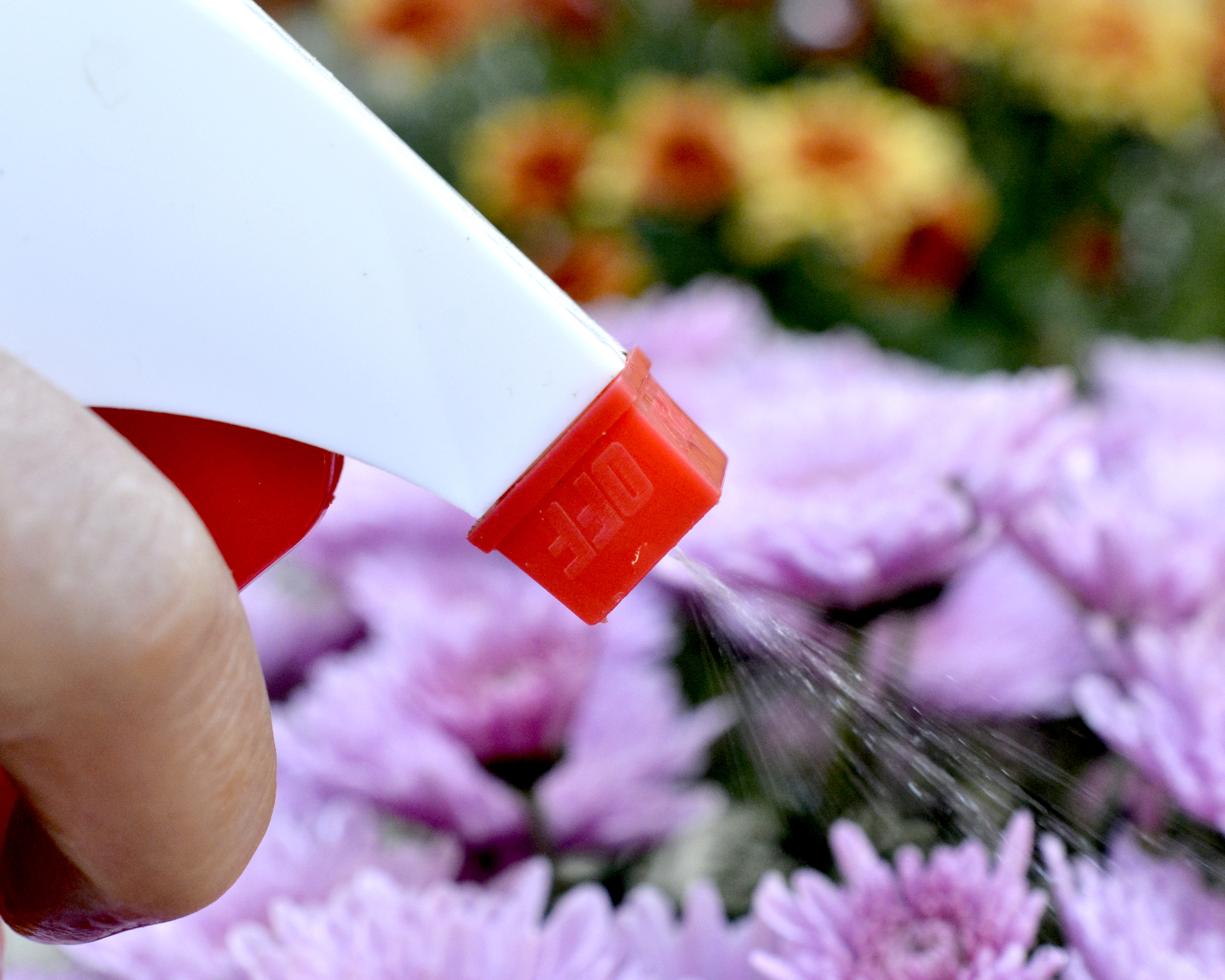
There are many commercially available deer repellents. Our Content Editor Laura Walters swears by Liquid Fence deer repellent spray, which you can find on Amazon.
You can also easily make your own homemade deer repellents. These either repel by scent or by making the plant taste bad. One of the easiest and most effective is a spray made of 80 percent eggs and 20 percent water. The eggs should be whipped and strained to prevent the mixture from clogging. Spray this after every two weeks.
You can also mix in cayenne pepper, cinnamon, or garlic into your homemade pest spray. These alter the taste of the plants to the degree the animal will eschew browsing.
Physical objects hung on the plant can have some deterring effect. These might include bars of strong smelling soap, like Irish Spring from Walmart, hung in mesh bags or even human hair.
2. Make Plants Inaccessible
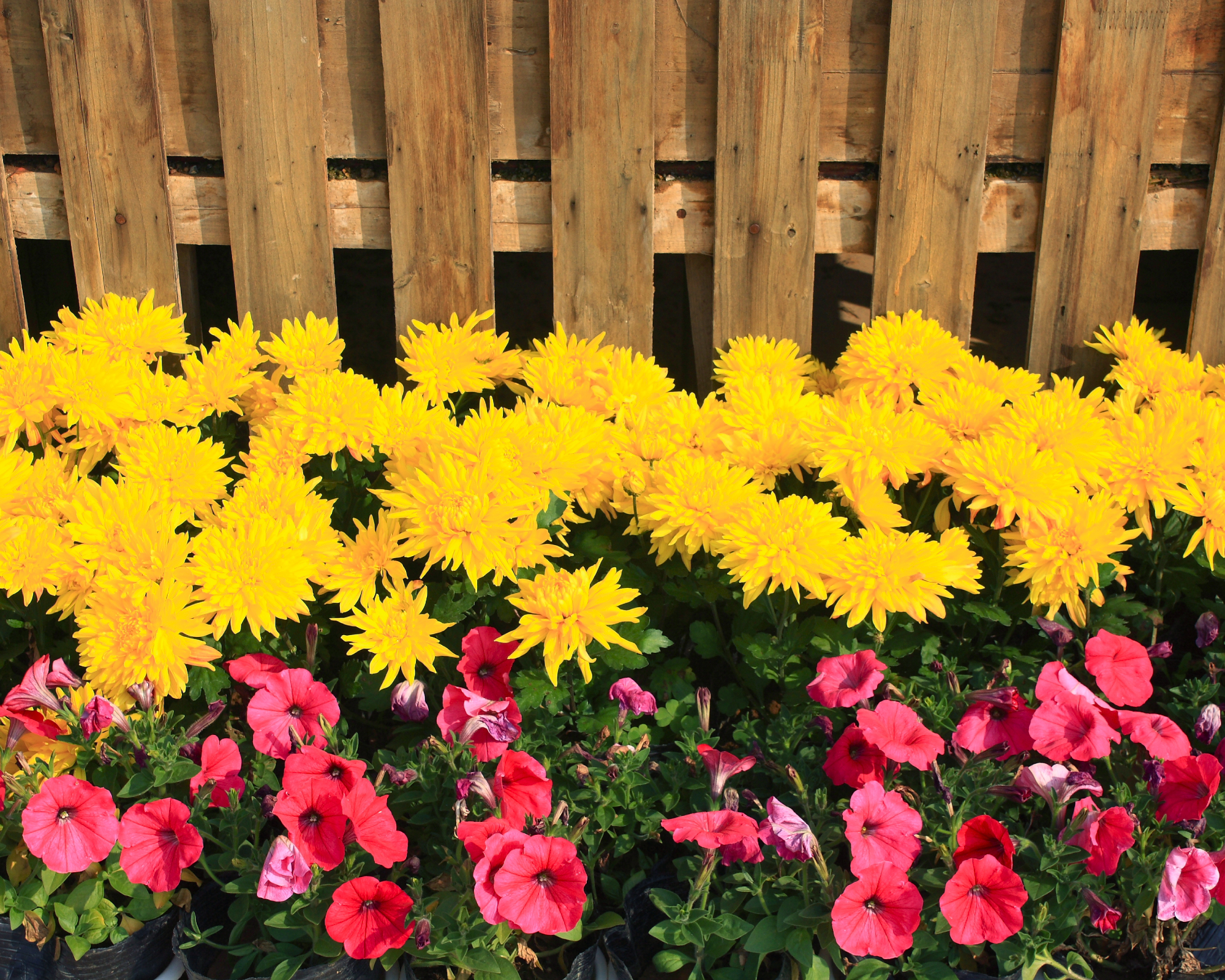
In addition to repellents, there are other tools in your arsenal for keeping deer out of the garden. Borders that keep the deer out of the area are very effective. You can purchase or build a deer proof fence to keep animals away from mums. This needs to be at least 6 feet (1.83 m.) high as deer are very good at jumping high obstacles.
If you already have a fence, add material to the top of it to bring it to that height. A highly effective barrier is an electric deer fence but this can be costly. You can quickly build a cage around the mum with mesh fencing or chicken wire. Or use premade wire cloches, like these ones from Amazon.
3. Install a Sprinkler
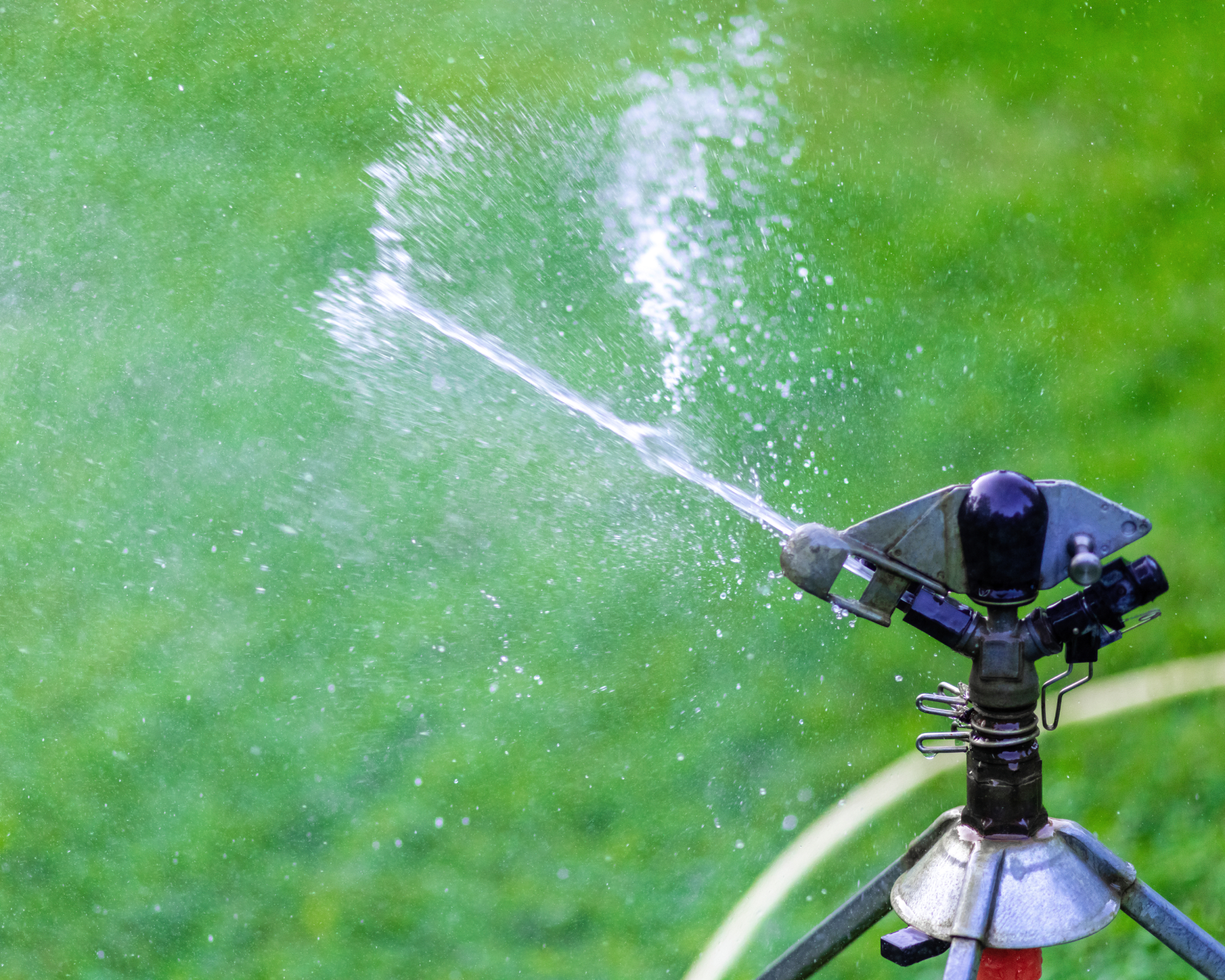
Will deer eat mums if they are going to get sprayed with water? Probably not. That's why a motion activated sprinkler is another good option to keep deer away from mums. You can find solar or battery-powered sprinklers on Amazon.
One downside to this method, is that over time, animals will learn that it's just water and won’t be bothered by the sprinkler as much anymore.
4. Grow Deer-Repellent Plants
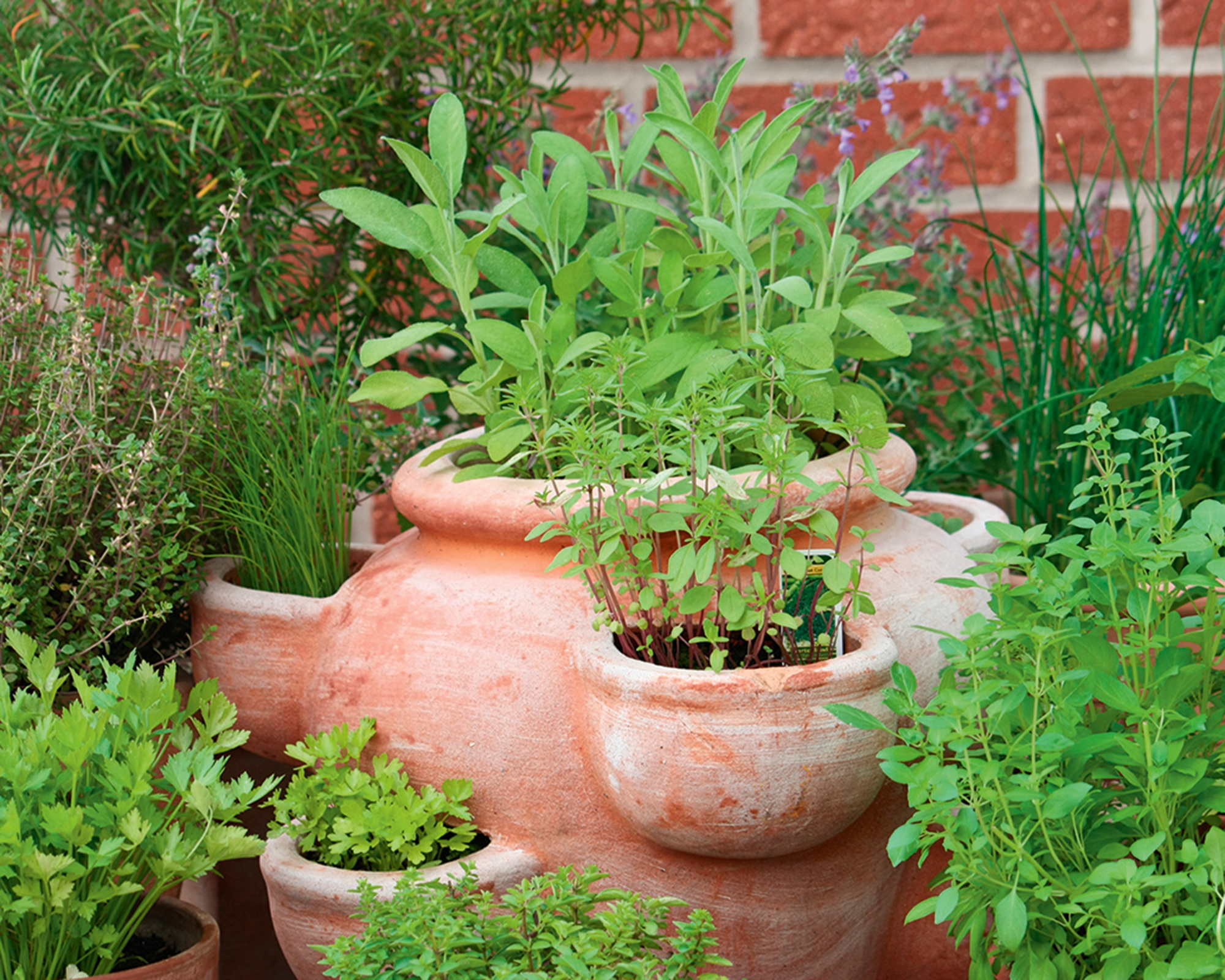
Scent is a powerful attractant to animals. They know what tastes good by the aroma. But if you put deer-resistant perennials and annuals with strong scents near your chrysanthemums, these plants can repel deer.
Fragrant herbs are especially useful. They put off strong scents due to their high levels of essential oils. Dill, lavender, sage, thyme, oregano, catmint, and mint are all useful plants when it comes to deterring deer.
Members of the Allium family can also help keep the deer away from the flowers. Onions, chives, shallot, leeks, and others not only have a strong smell from the bulbs, but also on their leaves. Deer also don’t like the scent of bee balm.
Shop high-quality herb seeds and plants from Burpee.
5. Put Pets To Work
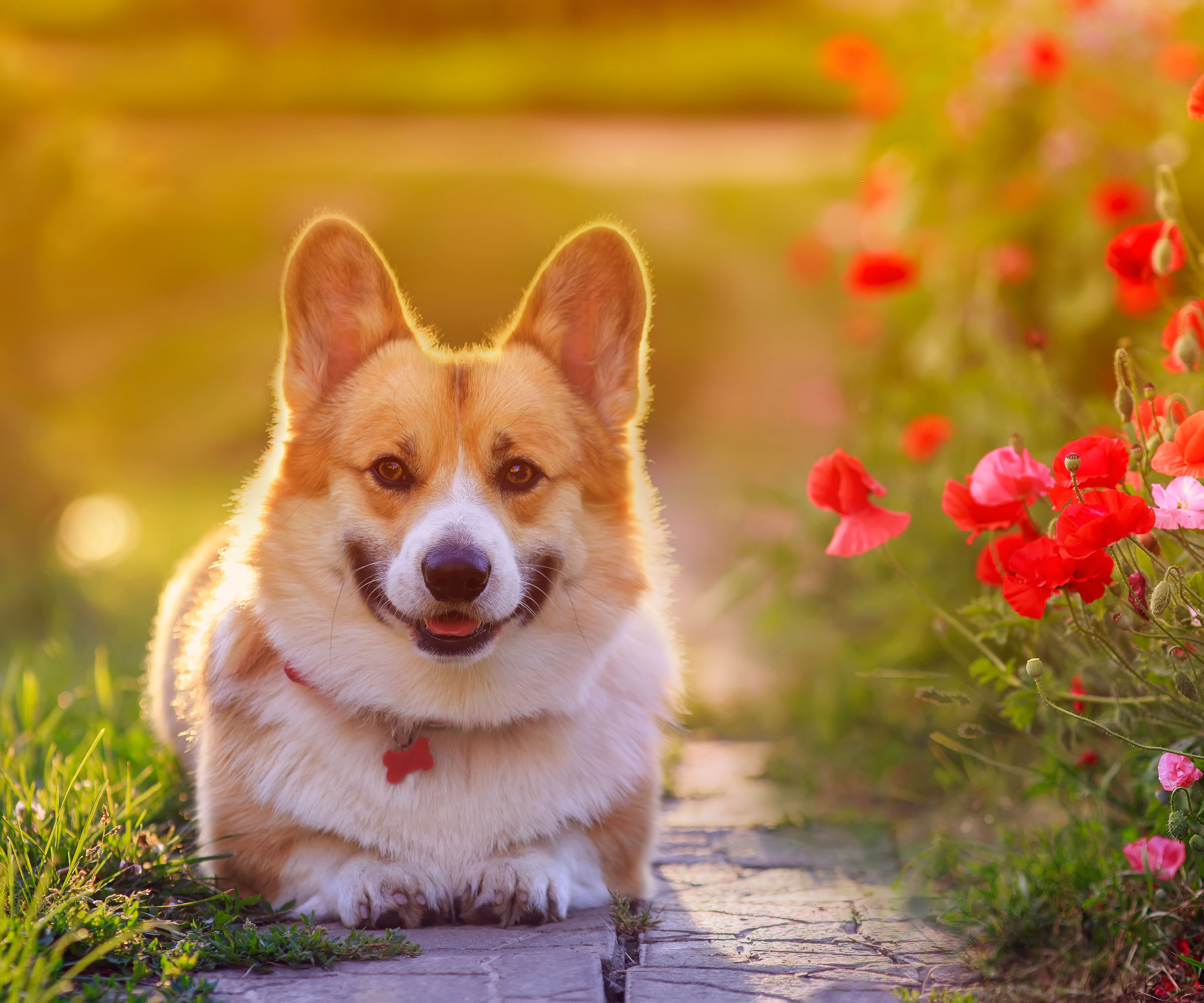
If you are an animal lover, consider using your dog to deter deer. Pooches will often bark when a deer is nearby and cause the unwanted animal to take run off. Using a dog to deter deer is similar to using a noisemaker deterrent, like the kinds you can buy on Amazon.
Avoid letting your dog chase after deer as they are large animals and will kick to defend themselves. Dogs, especially hunting dogs, may go after the deer so make sure your animal is secured to prevent harm to either the deer or your pet pup.
There's no need to go out and adopt a big guard dog. Even a small dog’s barking can make a deer think twice about coming into your yard and snacking on your mums.
6. Plant a Different Fall Flower
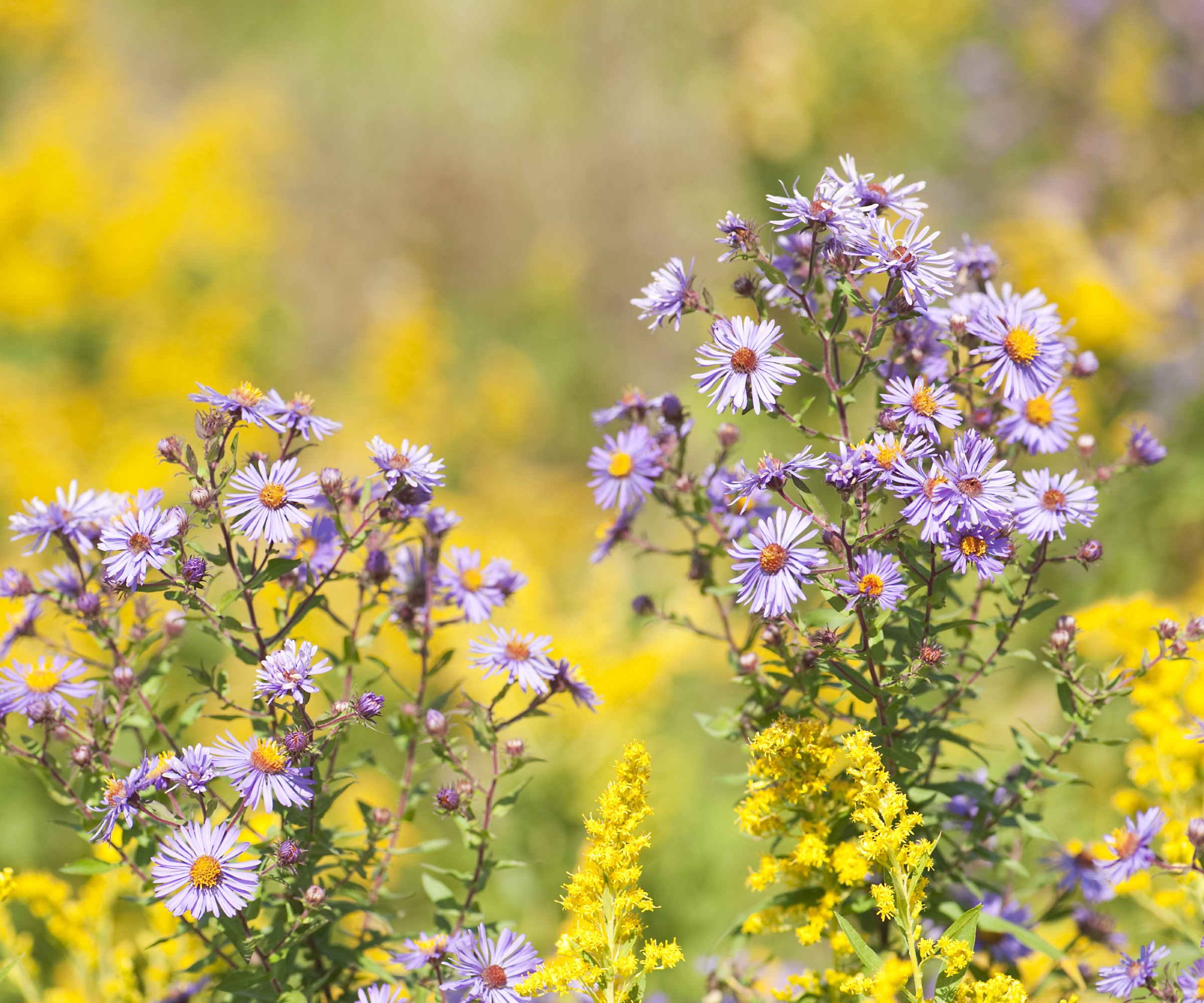
None of these methods are foolproof when it comes to a hungry deer. Instead of growing mums, which deer love to munch, try some plants that deer do not like.
Smoke trees, goldenrod, autumn sage, and Japanese anemones are all plants that are rarely, if ever, browsed by deer and provide a colorful fall display. They will still provide flowers for your landscape, but without you having to take drastic measures to protect them from deer.
Shop stunning deer-resistant plants from Wayside Gardens for a lovely, Bambi-proof landscape.

Bonnie Grant is a professional landscaper with a Certification in Urban Gardening. She has been gardening and writing for 15 years. A former professional chef, she has a passion for edible landscaping.